On the show today, Debbie Georgatos is your host and she is joined by co-hosts, Cari Kelemen and Lorie Medina. Together they chat with filmmaker, Curtis Bowers about his film, Agenda 2: Masters of Deceit.
Heather Cordasco joins us in the second hour to tell us more about Women Speak For Themselves which is a grassroots organization with more than 41,000 women from all 50 states and various political and religious backgrounds.
In the last and final half hour we hear from political commentator and founder and president of the Center for Security Policy, Frank Gaffney.
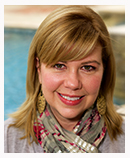
Having a love of country and a passion for positive change in people’s lives, Lorie felt called to work in the national political arena, where she has had visible and lasting impact across our nation for the past 6 years. Lorie was an early tea party leader and is nationally-recognized for her grassroots efforts. She founded numerous tea parties, trained tea party leaders across the country, and became a sought-after speaker. Lorie recruited and advised elected officials from local school board to potential presidential candidates. She has raised money for conservative candidates and causes. Harper Collins published Lorie’s first book, “Community Organizing for Conservatives.” Lorie was named runner-up Texan of the Year 2010 by Dallas Morning News and honored to receive the Liberty Award given by conservative icon, Richard Viguerie.
Lorie is married with two daughters.
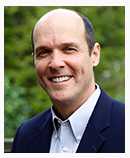

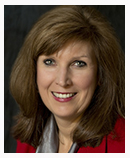
Currently Ms. Cordasco serves on the board of Virginia’s Family Policy Council and is an Ambassador with Alliance Defending Freedom.
She feels strongly that abortion is harmful to women – to their health and psychological well-being – and is committed to speaking out against the Health & Human Services’ (HHS) mandate and its threat to religious freedom that requires employers to provide coverage of all forms of contraception, including abortifacients.

It bars the federal government from discriminating (i.e. acting against...) individuals and organizations based upon their beliefs that marriage is between a man and a woman or that sex is reserved for marriage.
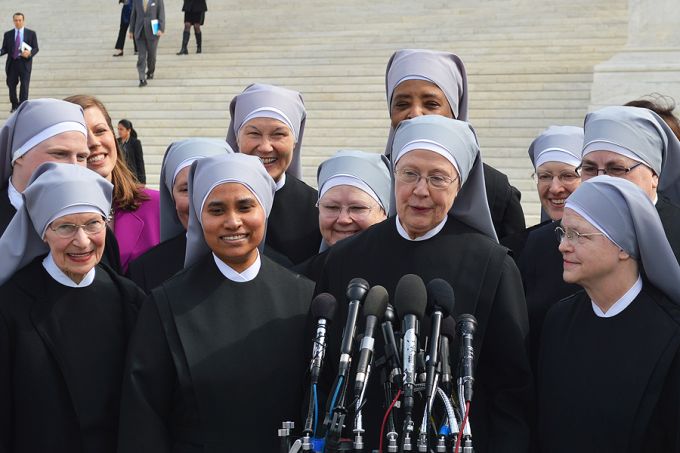
While the consensus view seems to be that the Supreme Court “punted” today by sending the Little Sisters of the Poor case back to the lower courts, I must respectfully dissent. Although the Court didn’t rule on the merits of the case, the Little Sisters won a significant victory — one that is likely (though not yet certain) to persist through the next administration. First, the Supreme Court vacated the lower court ruling holding that the Little Sisters had to facilitate access to contraceptives and denied that the mandate substantially burdened their religion. Speaking as a person who’s argued a few cases in courts of appeal — when the court vacates the ruling you’re challenging, that’s a win. Second, the Supreme Court provided a roadmap for an excellent resolution to the case — by outlining the accommodation it suggested, the Little Sisters endorsed, and the government reluctantly agreed to:
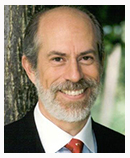
Mr. Gaffney is the host of Secure Freedom Radio, a nationally-syndicated radio program heard weeknights throughout the country. On Secure Freedom Radio, Mr. Gaffney addresses current and emerging threats to national security, sovereignty and our ways of life.
The focus of their conversation was the prospect of an attack on America’s power grid. The threat is very real and could come not only from a hostile enemy, but even from a strong solar flare. Such an event would be devastating because it could cause a significant part of the country to be without power for weeks.
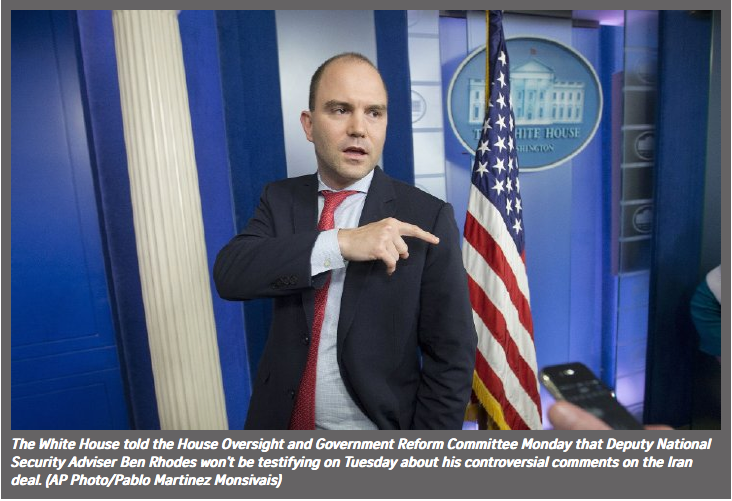
In a letter to Committee Chairman Jason Chaffetz, R-Utah, Neil Eggleston, counsel to President Obama, said it would raise "constitutional concerns" if Rhodes were to testify. He also said Congress has been consulted enough.
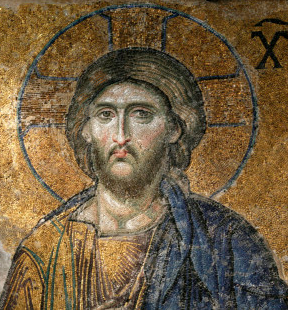
The time has come for Christians and Muslims to make peace between our communities. Christians and Muslims already make up more than half of the global population, and these numbers are expected to grow in the coming decades; according to the Pew Research Center, by 2050, two thirds of humanity, some 5.7 billion people, will be either Christian or Muslim.
Our planet simply cannot afford another century of misunderstanding and violence between these two communities. The challenges we face as a global human family are profound: ongoing warfare and nuclear proliferation, global poverty and economic inequality, climate change and ecological degradation.
 Listen Online
Listen Online Watch Online
Watch Online Find a Station in Your Area
Find a Station in Your Area


 Watch Now
Watch Now Listen Now
Listen Now 
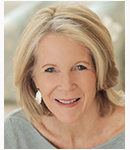






 Listen Now
Listen Now Watch Online
Watch Online
